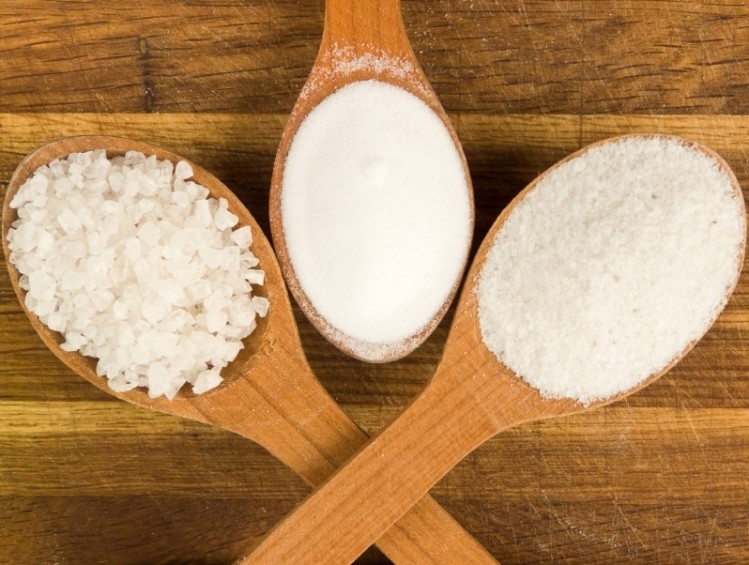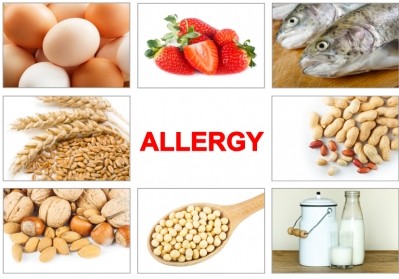Lobby group calls for robust salt reduction programme in UK

Campaign group Action on Salt has called for a robust salt reduction programme to be enforced without further delay in the UK.
Responding to Henry Dimbleby’s National Food Strategy, the first major review of the UK food system in nearly 75 years, Action on Salt’s recommendations have been adapted from the previous Food Standards Agency (FSA), whose world salt reduction policy resulted in a reported 20-40% reduction in the salt content of many food products between 2003 and 2011.
Action on Salt said that the current salt reduction targets set by Public Health England so far have done little or nothing. It demanded the setting of ‘gradual, achievable and progressively lower salt targets for different categories of food for all food industry to follow, including the out of home sector, with a clear and feasible time frame.’
The PHE’s recent Green Paper, noted Action on Salt, highlights that the proposed salt reduction targets for 2023 will only cover the main contributors of salt intake. But the group claimed that ‘it’s imperative that the Department of Health and Social Care (DHSC) continues salt reduction across all processed food containing added salt, including new categories that currently do not have a target.’
Mandatory and transparent monitoring
The organisation called for mandatory annual, transparent monitoring reports to enable accurate tracking of food industry progress and fiscal measures such as levies on industry to be applied to the main contributors of salt to the UK diet, including categories such as processed meat in order to drive reformulation. PHE’s 2018 analysis highlighted that only 43% of meat products had met their targets, but the category contributes over 25% of daily salt intake in adults.
The lobby group also called for mandatory front of pack traffic light labelling, plus a review of labelling in other countries in terms of evaluating and measuring impact and regular 24-hour urinary sodium analysis to measure population salt intake.
In addition, it called for a renewed focus on public awareness for salt as part of its Change4Life campaign. Since 2009, there have been no national messages on the importance of reducing salt in the diet, the organisation said.
Targets for OOH sector
It also called upon the DHSC to release guidelines to recommend use of potassium salt and stricter salt reduction targets for the Out of Home (OOH) sector, aligning them with retail targets. It said this should include a mandatory target of 1g/100g for all bread products sold both in retail and out of home, to help bring the OOH sector in line
Graham MacGregor, Professor of Cardiovascular Medicine at Queen Mary University of London and Chair of Action on Salt, added: "Reducing salt is by far the simplest and most cost-effective public health measure to improve health and reduce incidence of cardiovascular disease, as evidenced on a global scale. The deaths that have occurred due to inaction, which would have largely been preventable, is a tragedy for public health, and accelerates the urgent need for salt reduction.
“The Secretary of State for Health must now commit to setting new and ambitious salt targets for 2020, with strict monitoring mechanisms to ensure all members of the food industry comply.”


















